Research Data and Software Agreements: Digital Research Case Study 14 2017
May 2, 2017
The Digital Research Team are here to help researchers make best use of digital technology for their work. An intriguing side-effect of this is the increasing need to effectively govern and manage the risk around the use of digital technologies creating new demands on researchers within the digital context. For example, a researcher who creates …
Data management in the NMRC
April 28, 2017
The Nanoscale and Microscale Research Centre The Nanoscale and Microscale Research Centre (nmRC) is a cross-disciplinary facility at the University of Nottingham, supporting world-leading materials characterisation and nanoscience. The NMRC is housed at University Park in the Cripps South Building (Behind the school of Chemistry). It houses a range of instruments and expertise spanning: Scanning Electron …
Emerging data management needs in the School of Education
March 24, 2017
Over the last few weeks the Digital Research Team have been meeting with a range of researchers across the School of Education to understand what capabilities they need to securely manage their research data. The researchers were identified based on their collective representation of the types of research and data across the school. There were …
Secure RDM in Education: Digital Research Case Study 2 2017
The School of Education works with a vast range of personally sensitive research data, much of which involves teaching and learning with children. The SoE also has a significant throughput of post-graduate researchers per year, meaning research data is being created and archived quickly. An added complexity is that much of this data is gathered …
Why subject-specific research data repositories are important and challenging
March 21, 2017
Continuing innovation in scientific instrument design is driving the production of ever-larger volumes of digital research data, and allowing new research questions to be addressed. Instruments that can produce 100 gigabytes per day are becoming more common, and the PromethION genetic sequencer is an extreme example of an instrument which can produce 4 terabytes per hour at maximum …
COMPARE – an overview
March 20, 2017
The Centre for Membrane Proteins and Receptors (COMPARE) is a Signature Research Centre, jointly funded by the Universities of Nottingham and Birmingham. COMPARE is built around optical imaging as a research method, and seeks to link together pools of microscopes at the two institutions so as to enhance research output. Ultimately, a University of Nottingham researcher …
A security plan for the US National Institutes of Health
March 13, 2017
I’ve been supporting research colleagues who are applying for permissions to access to data held by the US National Institutes of Health (NIH). This is data collected from patients, and relating to a serious medical condition, and hence considered very sensitive, even though anonymised at source. To obtain access permissions, we have created a plan …


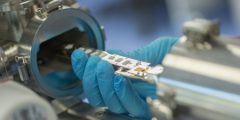
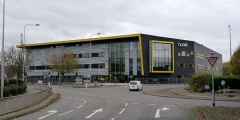

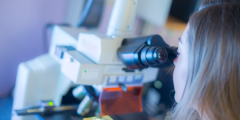

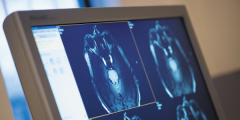
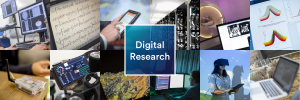
Recent Comments